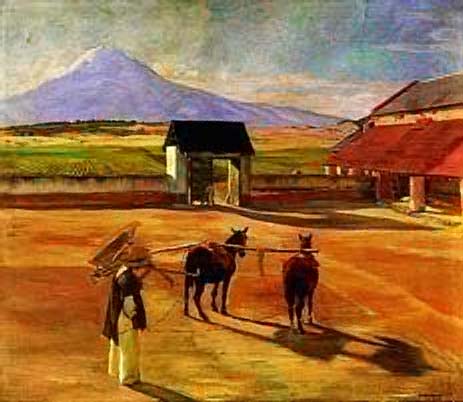
Themes of:
The labyrinth, laby-rinth as the sacred place of origin, identity, and return.
Language as a labyrinth of symbolic meaning, figurative & literal understanding.
History as the cruel reality of a nightmare requires creative responses to the past.
Time as a cycle, as an illusion, and as an inescapable fact of aging.
Cultural & personal Identity as a series of related confusions between masks & confidences.
Revolution as separation, loss, reform, and necessary communion.
Birth & death as a dialectical cycle of necessity & renewal.
Independence & autonomy as elusive qualities because of the need to break with Mexico’s colonial past and its revolutionary national myths of universality to recognize in its mestizaje character a vibrant source of adaptiveness to meet the unpredictable changes of the coming century.
Resources & development as necessary for freedom, reform, dignity, & cultural persistance.
Criticism & creation as necessities for change and adaptation to new conditions.
He takes a dialectical approach to reality & myth.
The enigma of identity, meaning, and relationships in the modern world.
The feast of modernity & the illusion of development.
The revolutionary recurrent violence of 1517-19, 1819-1820; 1910, 1968.
Totalitarian nature of the state and the Party of Revolutionary Independence [PRI].
The Aztec & indigenous elements that persist in contemporary Mexican culture.
The origins of the bicultural experience (mestizo) in the Mexican nationality.
Resentment and criticism of the United States, imperialism, colonialism, and "sadistic" culture.
Modernity, progress, positivism, revolution, and atomism (solitude) in this century.
Undeniable complexity of the personal and universal aspects of Mexican identity.

